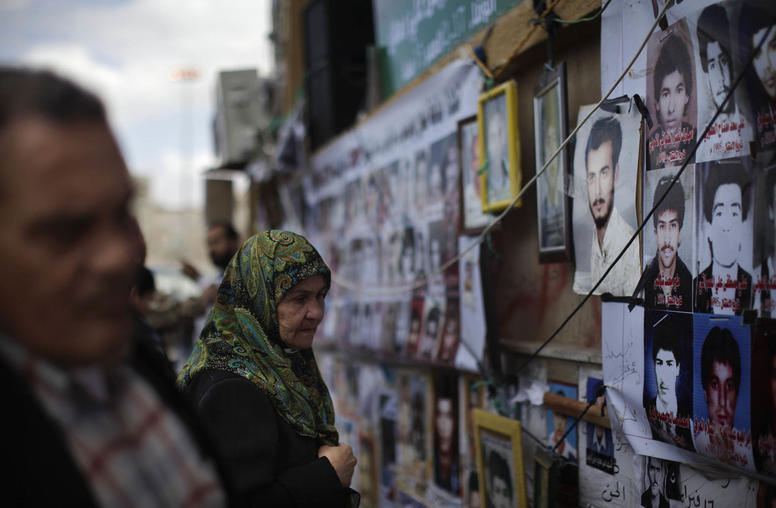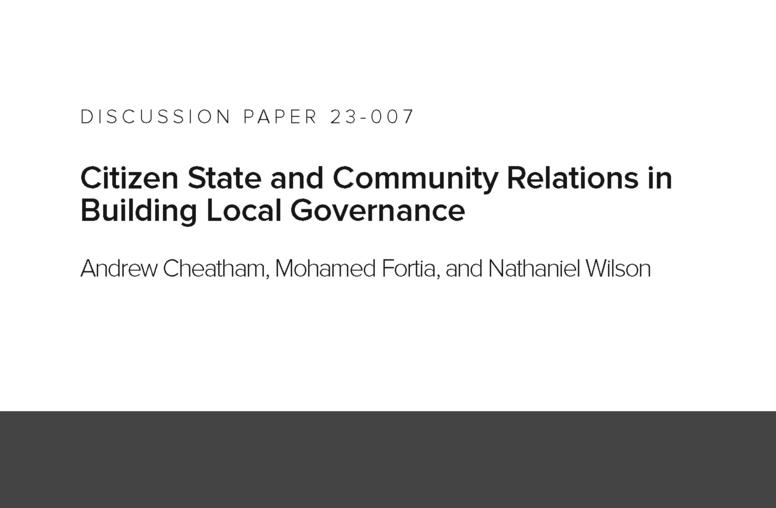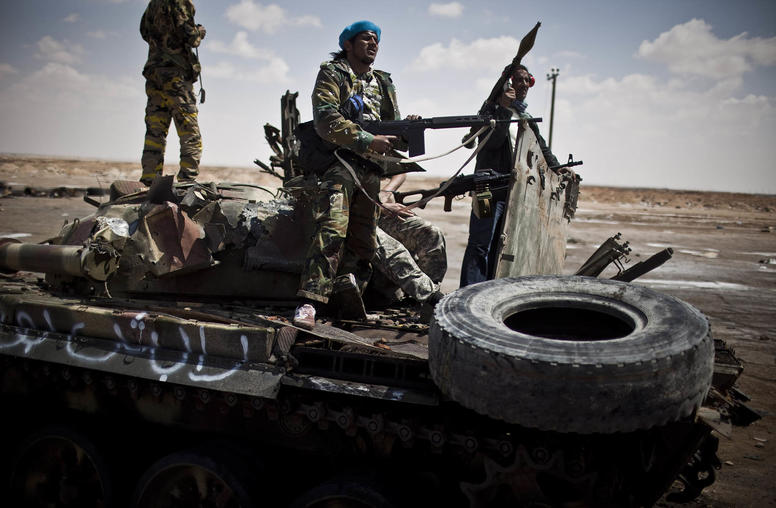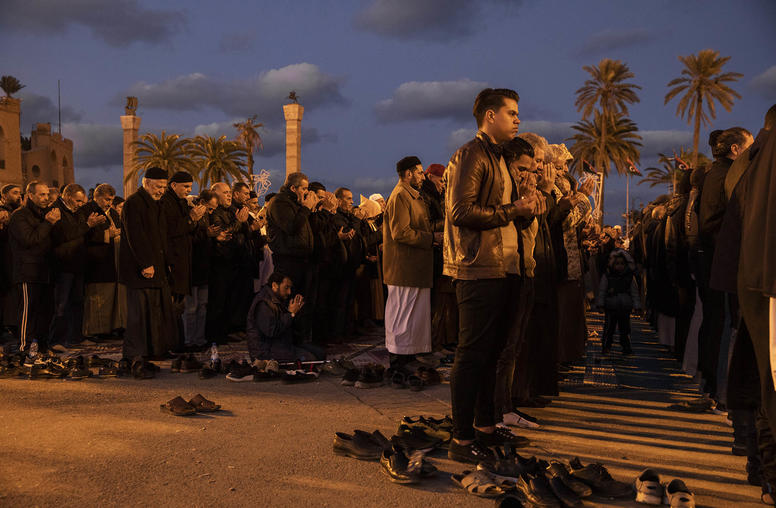Understanding the Role of Libya's Religious Actors in Confronting Violent Extremism
On Monday, March 16, founding director of USIP partner Libyan Women’s Platform for Peace Ms. Zahra’ Langhi discussed the current and potential roles of religious actors in peace and justice efforts in Libya. Specifically, she highlighted key themes from a USIP-sponsored project to map Libya’s religious actors, and she addressed the ways in which they are impacting efforts to counter violent extremism.
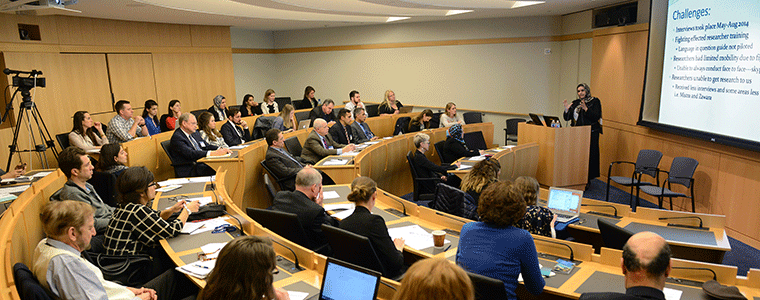
While the international community hopes to reverse Libya’s rising violence and extremism, it has failed to engage a critical constituency—the country’s religious leaders and activists. Zahra’ Langhi of the Libyan Women’s Platform for Peace (LWPP), in collaboration with the U.S. Institute of Peace, has spent recent months researching and mapping this religious sector. On Monday, March 16 Langhi offered insights on how international actors can build peacemaking strategies with Libyan religious figures. She focused on types of religious discourse as can be used towards and against peace and justice, along with efforts to combat violent extremism.
Langhi co-founded LWPP in 2011 amid the uprisingthat followed the overthrow of Muammar Qaddafi. The U.S. Institute of Peace partnered with her in the current project after the Institute found separately, in a 2013 assessment conducted between USIP and the State Department, that governments and international organizations had been unwilling or unable to work effectively with Libyan religious actors. The new research that Langhi will discuss in the March 16 event—from 3:00pm to 4:30pm—is built around 200 interviews that partner researchers have conducted with religious leaders, civil society activists, youth and political leaders from across Libya.
Speakers
Susan Hayward, Welcoming Remarks
Interim Director, Religion & Peacebuilding Center, USIP
Palwasha Kakar, Introductory Remarks
Senior Program Officer, Religion & Peacebuilding, USIP
Zahra' Langhi, Keynote Remarks
Founding Director, Libyan Women's Platform for Peace
